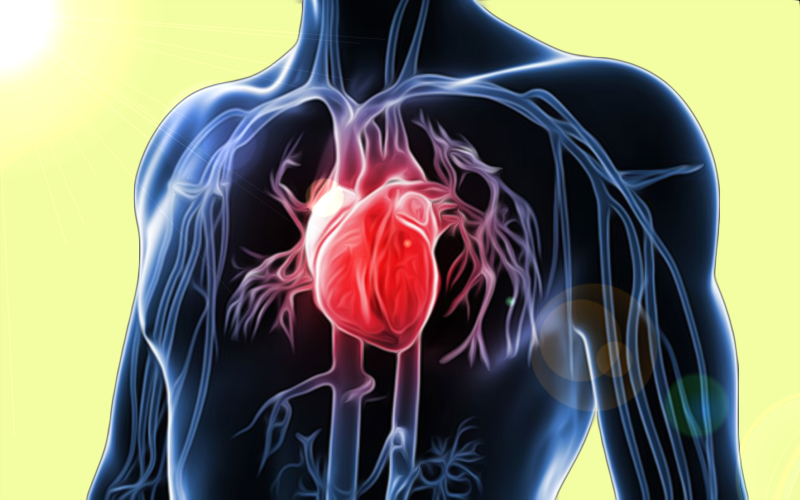
Are you aware that congestive heart failure stands as the primary cause of hospitalization for individuals aged 65 and above? If you or a loved one has been diagnosed with this condition, delving into its intricacies becomes imperative for comprehensive management.
What is Congestive Heart Failure (CHF)?
Congestive heart failure, commonly known as CHF, occurs when the heart struggles to pump sufficient blood to meet the body’s needs. The weakened heart muscle fails to propel blood efficiently, resulting in the accumulation of fluid in the lungs, ankles, and abdomen. This buildup manifests as symptoms such as shortness of breath, fatigue, and swelling.
Root Causes of Congestive Heart Failure: Unveiling the Triggers
CHF can be attributed to various underlying conditions, each posing a distinct threat to cardiovascular health:
1. Coronary Artery Disease (CAD):

This prevalent condition involves the narrowing of coronary arteries, reducing blood flow to the heart muscle. As the heart struggles to receive an adequate blood supply, it compensates by working harder to pump blood, leading to potential enlargement and weakening of the heart—an ominous precursor to CHF.
2. Heart Attack:

A heart attack occurs when blood flow to a part of the heart is blocked, resulting in damage to the heart muscle. The aftermath of a heart attack can precipitate CHF due to the increased strain on the heart as it endeavors to function effectively despite compromised cardiac tissue.
3. Cardiomyopathy:

Characterized by the enlargement or stiffening of the heart muscle, cardiomyopathy can impede proper blood flow through the heart chambers. This impairment can culminate in CHF, especially when triggered by factors such as infections, which exacerbate the underlying cardiac dysfunction.
4. Diabetes:

Individuals with diabetes face a heightened risk of developing diabetic cardiomyopathy—a condition characterized by damaged blood vessels, heart muscle cell death, and abnormal heart rhythms. The intricate interplay between diabetes and cardiovascular health underscores the importance of managing blood sugar levels to mitigate the risk of CHF.
5. High Blood Pressure:

Hypertension, or high blood pressure, imposes significant strain on the heart as it endeavors to pump blood against elevated resistance in the arteries. Over time, this heightened workload can lead to cardiac remodeling, structural changes, and eventual heart failure—a sobering reminder of the deleterious effects of uncontrolled hypertension on cardiovascular health.
6. Arrhythmia:

Irregular heart rhythms, whether excessively slow (bradycardia) or rapid (tachycardia), can impose undue stress on the heart muscle. Prolonged or untreated arrhythmias can compromise cardiac function, increasing the risk of CHF—a testament to the intricate relationship between heart rhythm disturbances and cardiovascular health.
Identifying Those at Risk: Unraveling the Factors

Understanding the risk factors for CHF is crucial for early intervention. You might be at risk if you:
– Have hypertension or high cholesterol levels.
– Regularly use tobacco products.
– Suffer from diabetes mellitus.
– Have a history of heart-related issues or surgeries.
– Have kidney disease or heart valve problems.
– Struggle with obesity, especially when coupled with diabetes.
Decoding the Symptoms of CHF: Recognizing the Warning Signs
CHF symptoms vary but may include:
1. Shortness of Breath: Often exacerbated with activity or lying down.
2. Swelling in Ankles and Feet: Particularly noticeable at night or when lying flat.
3. Tachycardia: A racing or irregular heartbeat.
4. Decreased Leg Strength: Legs and feet feel heavy and tired.
5. Sudden Fatigue: Especially post-physical activity.
6. Persistent Chest Pain: Not alleviated by rest, resembling angina.
Understanding the nuances of congestive heart failure empowers individuals and their loved ones to navigate this medical condition effectively. Stay informed, stay healthy!






